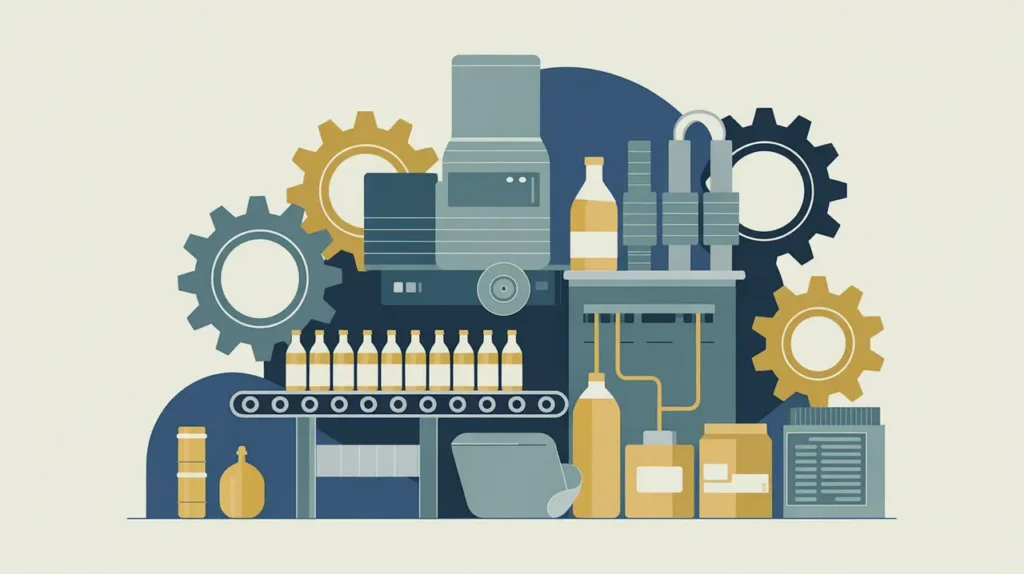Importance of Textile Manufacturing
Textile manufacturing is a cornerstone of industrial development and global trade. It provides employment for millions, particularly women, and serves as a critical export sector for many developing countries. In international development, textile manufacturing supports industrialization, economic diversification, and global market integration. For nonprofits and social innovators, it matters because it intersects with labor rights, environmental sustainability, and community livelihoods. Its importance lies in generating income and opportunity while raising key questions about fairness and sustainability in global supply chains.
Definition and Features
Textile manufacturing refers to the process of producing fibers, yarns, fabrics, and finished clothing or textile goods. Its defining features include:
- Value Addition: transforming raw materials like cotton, wool, or synthetics into finished products.
- Employment Generation: large-scale employer, especially for women in low- and middle-income countries.
- Global Integration: deeply embedded in international supply chains.
- Environmental Footprint: significant water, energy, and chemical use in production processes.
How this Works in Practice
In practice, textile manufacturing ranges from small-scale workshops to large industrial factories. For example, apparel production in South Asia supplies global brands and contributes heavily to national exports. NGOs often work to improve labor standards, ensure fair wages, and promote sustainable production practices. Governments may support the sector through trade agreements, subsidies, or industrial parks. Challenges include poor working conditions, exploitation in informal supply chains, and high environmental costs such as water pollution and textile waste.
Implications for Social Innovation
Textile manufacturing has significant implications for social innovation because it connects livelihoods, consumer demand, and sustainability. Innovations such as ethical fashion, circular textile recycling, and blockchain-based supply chain transparency create opportunities to improve both social and environmental outcomes. For proximate actors, textile manufacturing provides livelihoods and pathways for empowerment, especially for women. Textile manufacturing is essential for economic growth and inclusive industrial development.







